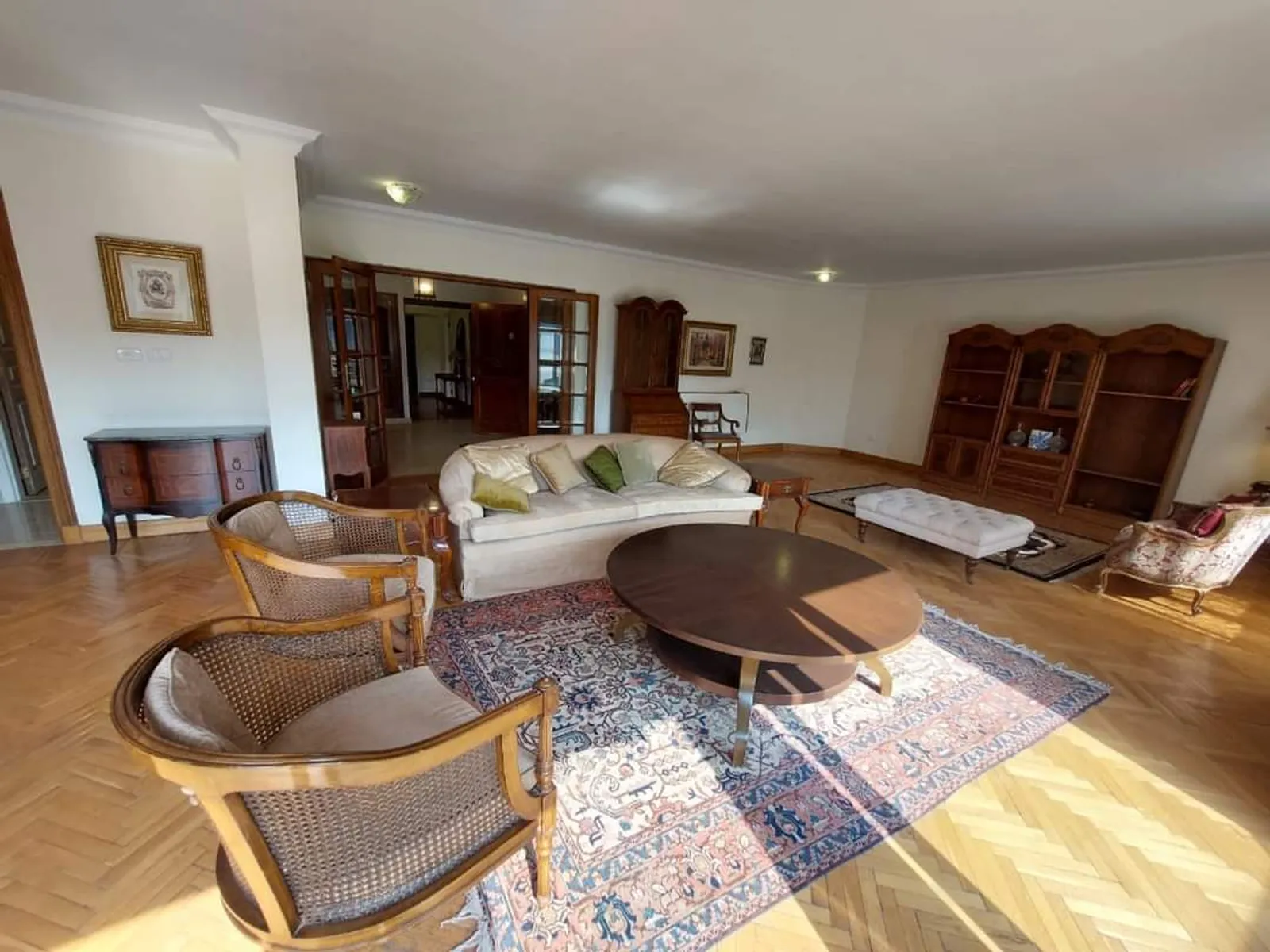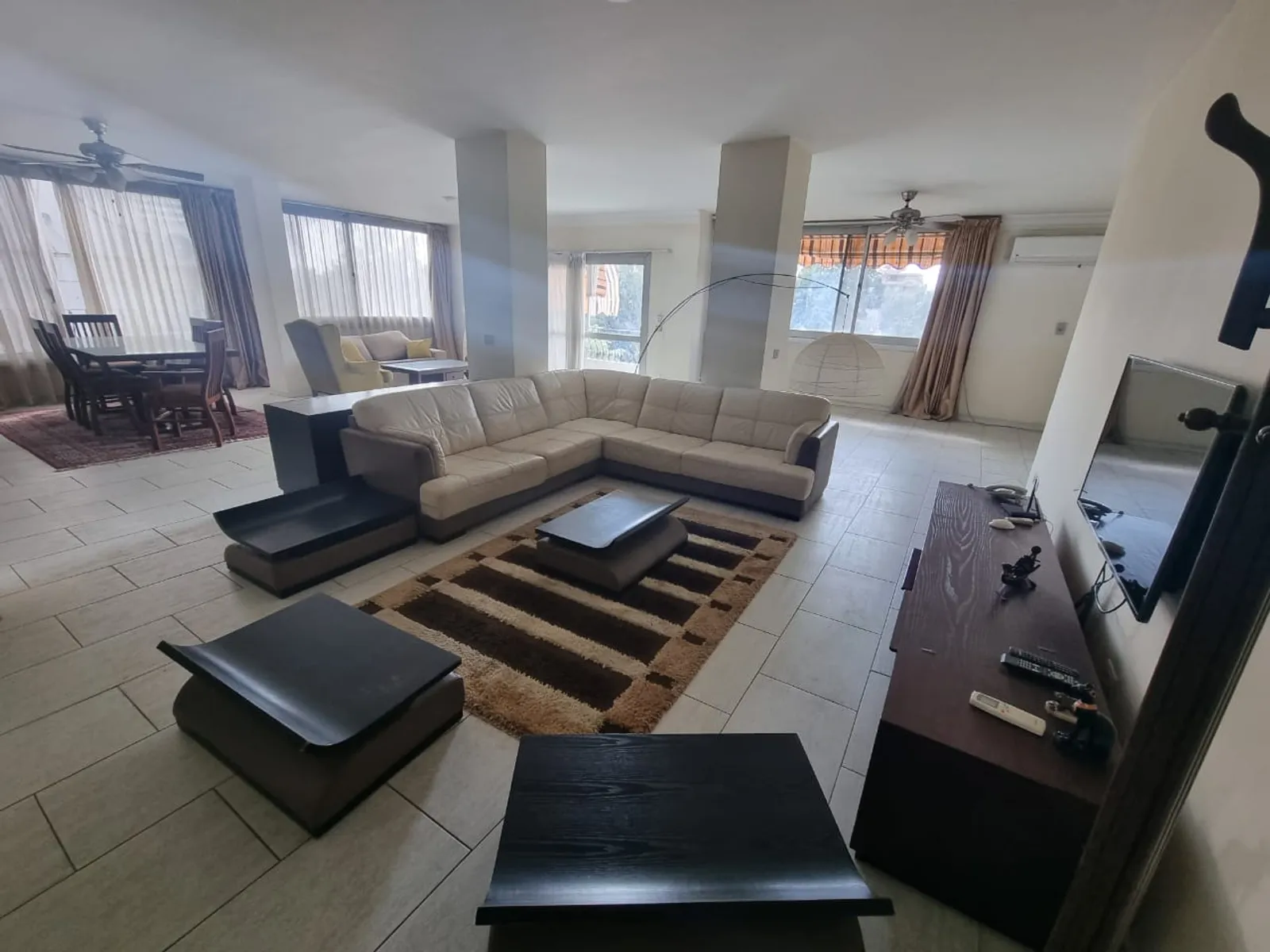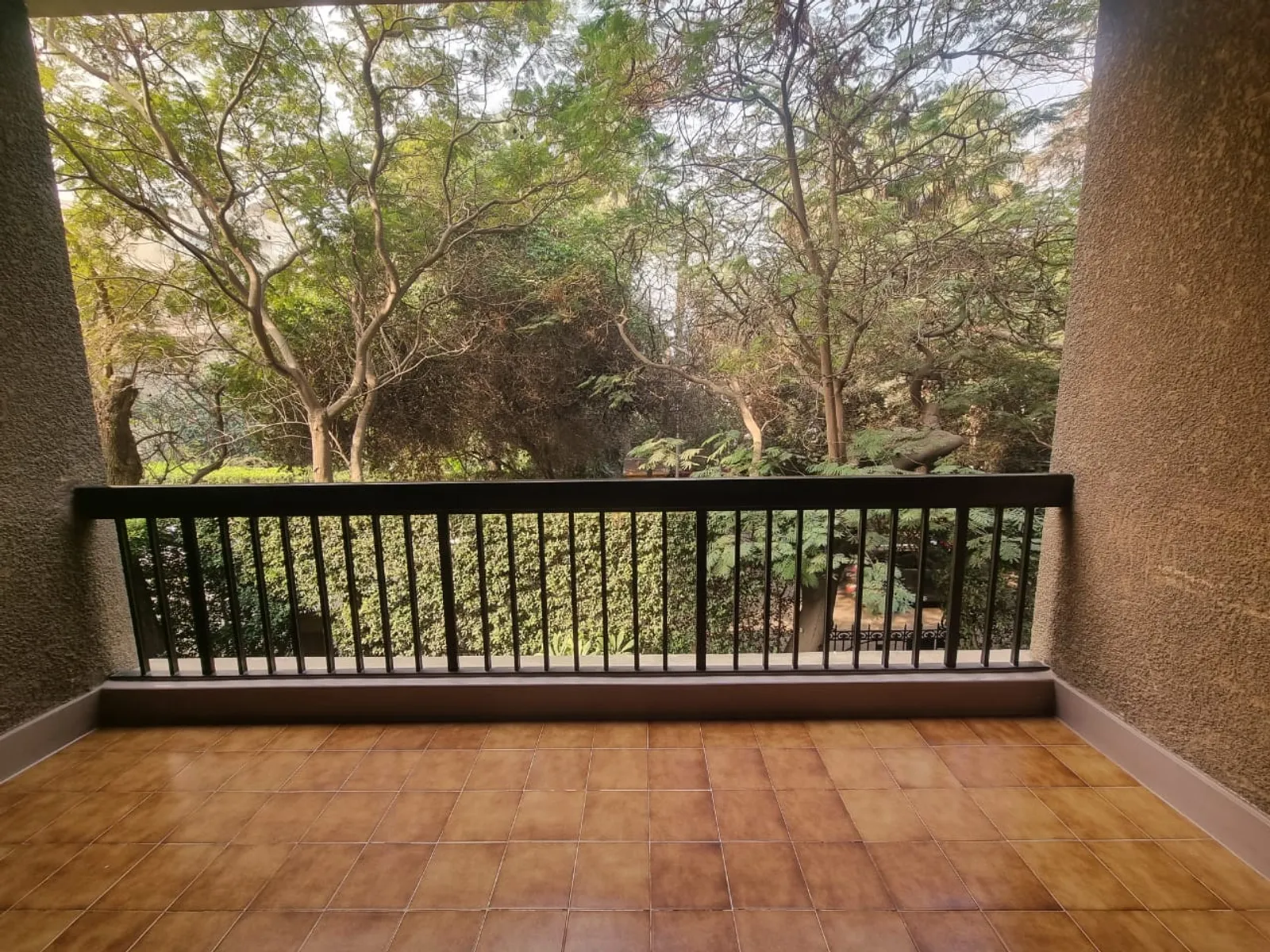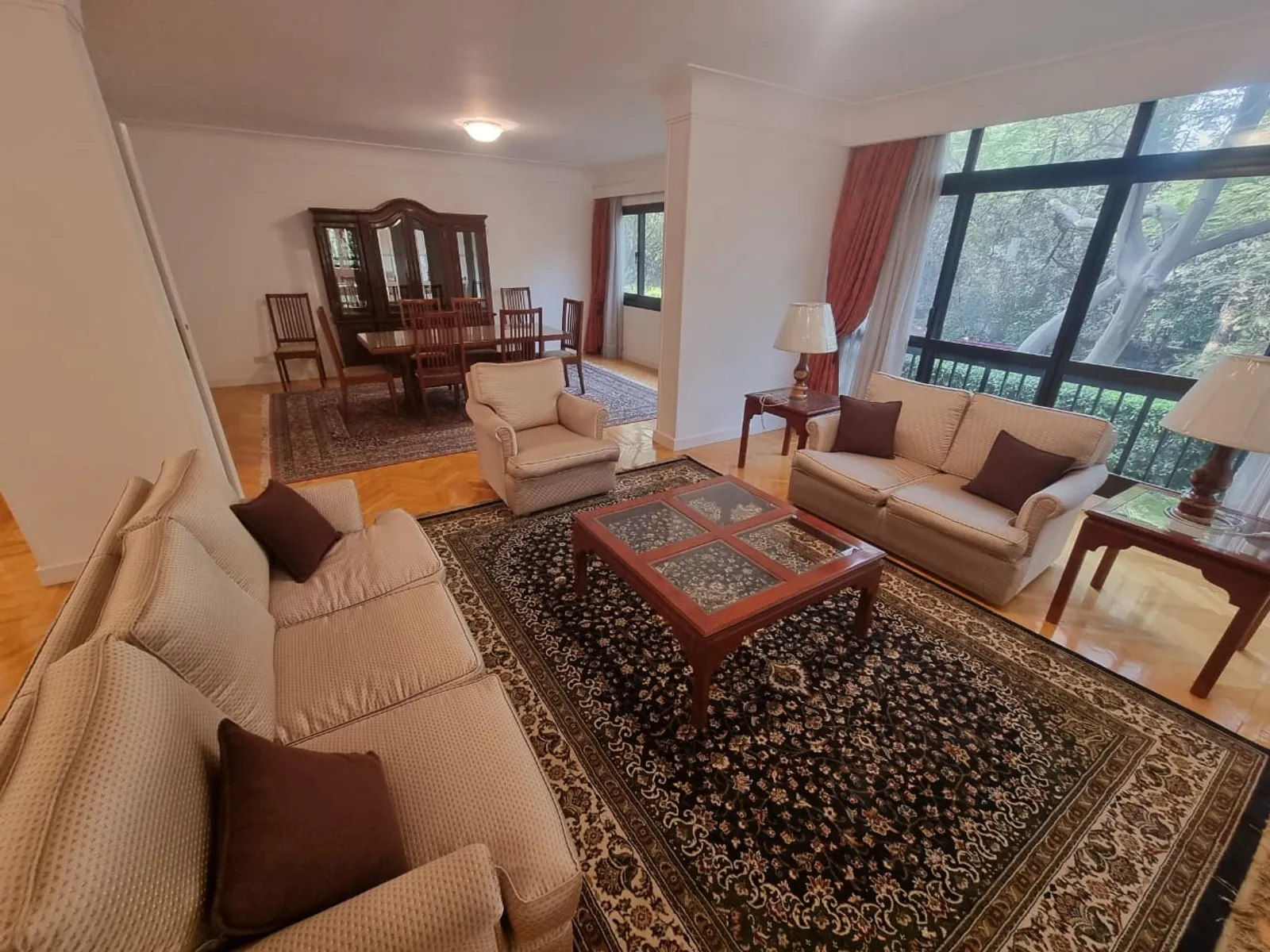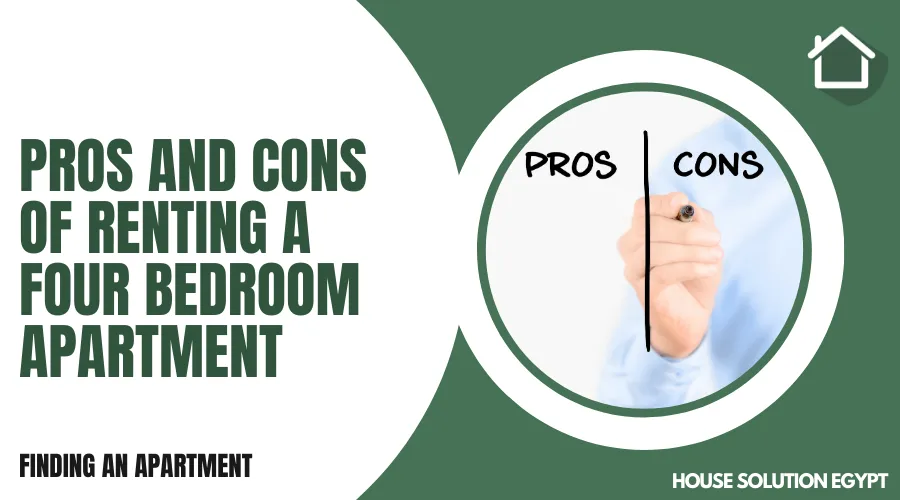FIND OUT HOW MUCH MONEY TO SAVE BEFORE YOU RENT YOUR FIRST APARTMENT
Renting an Apartment|7 MIN READ|Updated on: 22 April 2024|Written by: Marwa Samir
Renting your first apartment is an exciting milestone in life, but it can also be a big financial responsibility. Before making the move, it's important to assess your finances and determine how much money you should save before taking that step. The amount you need to save will depend on various factors such as the location of the apartment, your income level, and lifestyle choices.
One of the biggest expenses when renting an apartment is paying for rent itself. Ideally, your rent payment should not exceed 30% of your monthly income. This means that if you earn $3,000 per month after taxes, you should aim to spend no more than $900 on rent each month. However, this may vary depending on where you live – for example, cities like Cairo or New York are notoriously expensive and may require a larger percentage of income towards rent.
Aside from rent payments, there are other costs associated with renting an apartment that must be taken into account when determining how much money to save. These can include security deposits, utility bills (such as electricity and internet), moving expenses, and furnishing costs if the apartment is unfurnished. By saving enough money beforehand and creating a budget plan suited to one’s lifestyle needs one can make their rental experience financially stable without any hindrance or stress!
Renting First Apartment
When it comes to renting your first apartment, it's important to have a good understanding of how much money you will need upfront. In addition to the monthly rent, many landlords require a security deposit and/or first and last month's rent. These costs can add up quickly, so it's essential to save enough money ahead of time.
To determine how much you need to save, start by researching typical rental costs in the area where you want to live. This will give you an idea of what you can expect to pay each month for rent. Then, factor in any additional expenses such as utilities or parking fees.
It's also important to consider other one-time expenses such as moving costs, furniture purchases, or deposits for amenities like gym memberships or laundry facilities. By doing your research and creating a budget beforehand, you'll be better prepared financially when it comes time to sign a lease on your first apartment.
Calculating Cost of Rent
Before renting an apartment, it is essential to calculate the cost of rent accurately. The total cost of rent includes several factors such as monthly rent, security deposit, and any additional fees like pet or parking fees. Once you have determined your budget for renting an apartment, calculating the costs will give you a better understanding of what you can afford.
Monthly rent is the primary cost to consider when calculating the overall expense of renting an apartment. It is crucial to ensure that this amount fits within your budget comfortably. Security deposits are also a significant expense that should not be overlooked. Most landlords require tenants to pay a security deposit equal to one month's rent or more upfront.
Additional expenses like pet or parking fees can add up quickly and should be taken into account when calculating the total cost of renting an apartment. By taking all these expenses into consideration and setting aside enough money before moving in, renters can avoid unexpected financial pressure during their lease term and enjoy their new home with peace of mind.
Consider Additional Expenses
When renting your first apartment, it's important to consider all of the additional expenses that come with it. Depending on where you live and what type of apartment you're looking for, these costs can add up quickly. Some common expenses include utilities such as electricity, gas, water, and internet/cable. Others may include parking fees, monthly pet rent, or cleaning fees.
In addition to these basic expenses, you should also factor in any potential unexpected costs such as repairs or replacement of appliances. It's a good idea to have an emergency fund set aside for any unforeseen circumstances that may arise. You should also consider renters insurance which can provide financial protection in case your belongings are damaged or stolen.
When considering the cost of renting an apartment be sure to factor in all possible expenses both expected and unexpected. This way you'll have a better understanding of how much money you'll need to save before moving into your new place and ensure that you're financially prepared for everything that comes with renting an apartment.
Setting a Budget
When you're planning to rent your first apartment, setting a budget is essential. Before you start browsing for apartments, determine how much money you can afford to spend on rent each month. Experts recommend that renters should spend no more than 30% of their pre-tax income on housing expenses.
When calculating your budget, it's important to consider additional expenses such as utilities, internet and cable bills, transportation costs, groceries, and other household essentials. Make sure to factor in any debt payments or savings goals as well.
To ensure that you have enough money saved up before renting an apartment, aim to have at least three months' worth of living expenses in your emergency fund. This will give you a financial cushion in case of unexpected events like job loss or medical emergencies. By setting a realistic budget and creating an emergency fund, you can set yourself up for success as a first-time renter.
Saving for Emergencies
Emergencies can happen at any time, and it's important to be prepared. When it comes to saving for emergencies, financial experts recommend having three to six months' worth of expenses saved up. This includes rent or mortgage payments, utilities, groceries, transportation costs, and any other essential expenses.
One effective way to start saving for emergencies is by creating a separate savings account specifically for this purpose. Set up automatic transfers from your checking account into this emergency fund every month to ensure that you consistently contribute to it. Another strategy is to cut back on non-essential expenses in order to free up more money for savings.
Remember that emergencies can come in many forms - from unexpected medical bills or car repairs to job loss or natural disasters. Having a solid emergency fund will give you peace of mind and help you weather any unexpected storms that may come your way.
Strategizing for Successful Savings
Before you rent your first apartment, it's important to have a solid savings strategy in place. While the amount of money you need to save will depend on your individual circumstances, there are a few general guidelines you can follow. Ideally, you should aim to save around three months' worth of living expenses before moving out on your own. This includes everything from rent and utilities to groceries and transportation.
To figure out exactly how much money you need to save, start by creating a budget that includes all of your monthly expenses. Be sure to include any additional costs associated with renting an apartment, such as security deposits and moving expenses. Once you have a clear understanding of how much money is going out each month, you can determine how much you need to save.
One way to make saving easier is by automating the process. Set up automatic transfers from your checking account into a dedicated savings account each month. By making saving a priority and treating it like any other bill or expense, you'll be well on your way toward achieving successful savings for your first apartment rental.
Conclusion: Preparing for Rental Life
In conclusion, preparing for rental life is crucial to ensure a smooth transition from living with roommates or family to living on your own. One of the most important aspects of preparation is saving enough money before renting your first apartment. Experts recommend that you have at least three times the amount of rent saved up before moving in. This ensures that you can comfortably cover rent and utilities for at least three months while also having some extra funds for unexpected expenses.
It's essential to familiarize yourself with the rental market and understand what's expected of you as a tenant. This includes reading and understanding your lease agreement thoroughly, knowing your rights as a tenant, and communicating effectively with your landlord. Taking these steps can help prevent misunderstandings or legal issues down the road.
Don't forget about setting up necessary utilities such as electricity, water, and internet/cable services ahead of time so that everything is ready when you move in. Remembering these details will help create a stress-free experience when moving into your new home and set you up for success in rental life.



